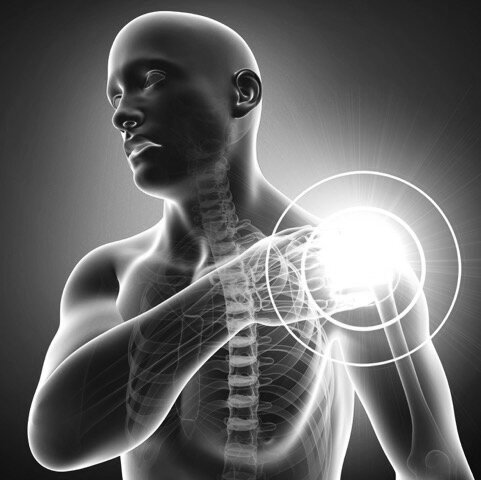Getting Back To Normal - Shoulder Related Tips!
Nick, our shoulder specialist physio, is back for face to face appointments with his shoulder and upper limb clinic on Tuesday 14th July. We asked him for his shoulder-related tips on getting back to ‘normal’ – whatever that looks like for you!
It's more than 100 days since lockdown began - how has this affected you?
How fit do you think you are following 3 months of relative inactivity?
During lockdown you might have worked on your general fitness, but has this been sport specific fitness? We are now able to play tennis, golf and open water swim.
Tennis related injuries seen in clinic:
Rotator cuff related shoulder pain (RCRSP): this includes subacromial pain (impingement), bursitis, rotator cuff tendinopathy and symptomatic partial and full thickness rotator cuff tears.
Tennis elbow and wrist/hand.
Low back pain, hip and groin, knee and patella tendon, calf muscle and ankle sprains.
Golf injuries:
Low back and neck pain
Shoulder, elbow and wrist/hand pain
Hip, knee and ankle pain
Swimming injuries:
Shoulder: RCRSP
Neck
Knee
Tips for getting back:
To avoid tissue overloading and causing injuries don't go back to your chosen sport too hard or too fast.
Always warm up and stretch prior to starting to exercise.
Aim for graded exposure and progressive loading, build up your resilience, tolerance and capacity. Increase your effort by approximately 10% per week to achieve your chosen goals.
Home working and ergonomics:
We've probably all tried to recreate our desks at home, some more successfully than others! Prolonged sitting and working with incorrect postures can have an adverse effect your neck, upper back, shoulders, and thoracic spine.
If you’re still working from home and are suffering from shoulder / neck pain, it’s likely that your desk set up isn’t ideal.
Tips for better working from home:
Arrange a virtual workstation assessment of your home office to improve your desk set up.
Consider the purchase of more ergonomic office equipment such as a monitor, keyboard and mouse for your laptop, a height adjustable ergonomic office chair, a headset for your phone if you spend lots of time on it.
Keep active at your desk – move around every 20 minutes. Have a good stretch at lunchtime and the end of the day. Walk around if you can whilst you’re on the phone.
Read our blog post How To Work From Home Pain-Free for more tips.
Visit your physio to check out pain or niggles that persist.
Keep safe and remember movement is life!
To book an appointment with Nick or any of our other physios or a workstation review, call us on 02030 12 12 22.
Words by Nick Smith.




